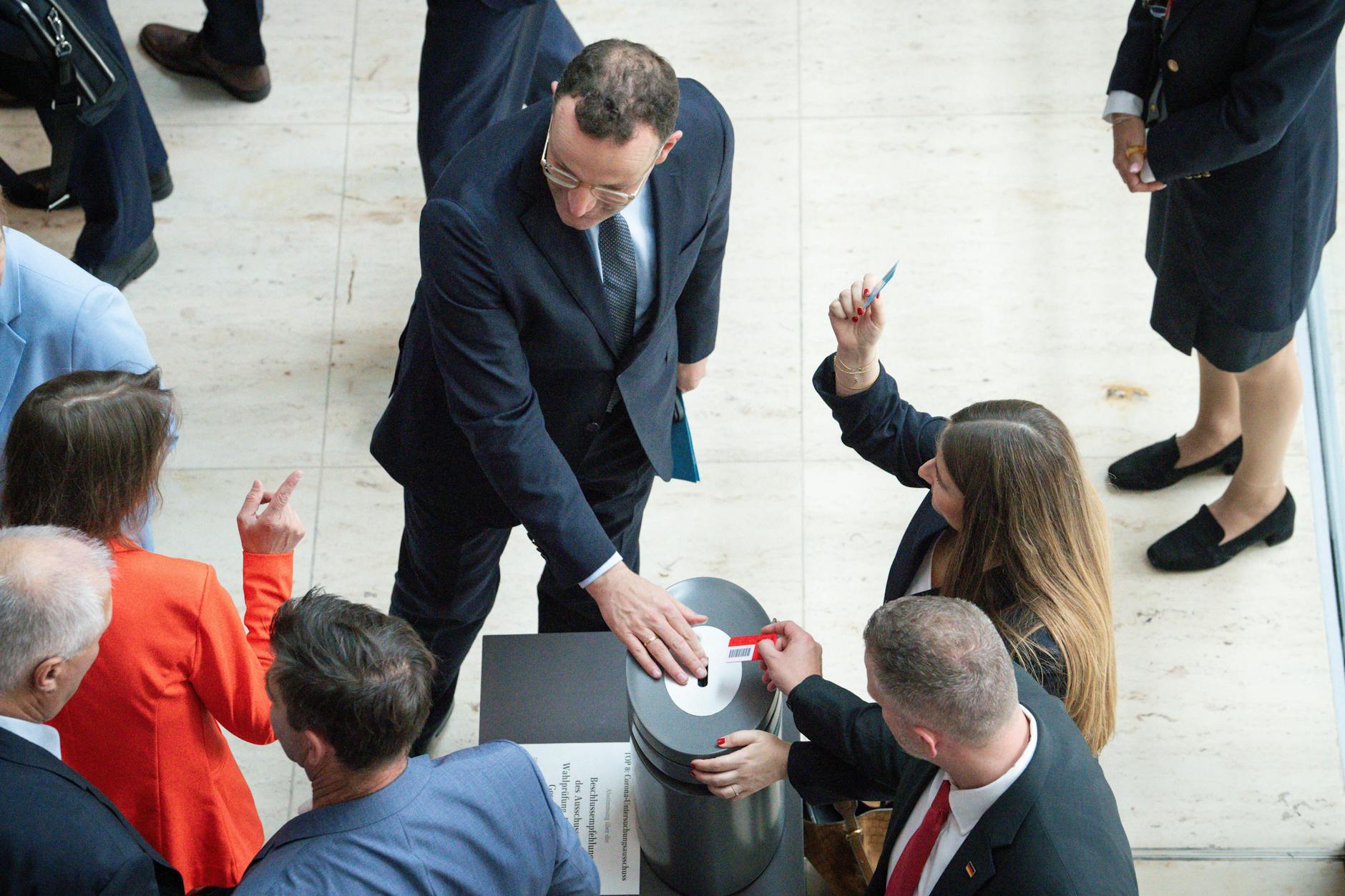Required reading for those dealing with the coronavirus: Don't let yourself be guided by Angela Merkel or Alice Weidel

The Enquete Commission to investigate the coronavirus pandemic is coming late. This is what philosopher and former Minister of State for Culture Julian Nida-Rümelin and virologist Jonas Schmidt-Chanasit write in a pleasantly objective guest article published in the Süddeutsche Zeitung. This doesn't have to be all bad. The research situation is now better, and key players are no longer in office. Their recommendation to the members of the commission: They should not allow themselves to be guided by either Angela Merkel or Alice Weidel . Because, in the authors' eyes, the former Chancellor and AfD leader Weidel embody extreme perspectives on the political handling of the pandemic. In Merkel's case, they say that, based on the knowledge available at the time, everything was done correctly, while Weidel complains that an incompetent government scandalously disregarded the principles of the rule of law.
The authors identify seven key problem areas. They ask, for example, how it was possible that the draft law that would have made the use of the Corona warning app mandatory was withdrawn after protests from data protection advocates, while people in nursing homes were often dying unaccompanied, economic livelihoods were being destroyed, and children were temporarily deprived of their right to education.
Nida-Rümelin and Schmidt-Chanasit note that political communication regarding the coronavirus vaccine has failed dramatically. Critical questions were discredited from the outset by statements made by politicians. Then-Health Minister Karl Lauterbach claimed on a talk show that the vaccines were "more or less free of side effects." A statement that was later found to be "grossly negligent" because it was medically incorrect. Legitimate questions about the booster vaccinations were dismissed as lacking solidarity and anti-vaccination. Polarization has been exacerbated by measures such as access restrictions, professional bans, and the debate about mandatory vaccination.

Particular attention should be paid to the relationship between politics and science, which has become unbalanced not only during the pandemic, but also with regard to climate change. During the pandemic, this led to a shifting of political responsibility onto virologists, and expertise from the fields of developmental psychology and pedagogy was lacking. This led to the "misguided path of blanket daycare and school closures." One piece of advice for the future: The relationship between politics and science must be guided by the principles of reflective scientific policy advice.
Lack of minutes and transcripts in crucial meetingsLast but not least, the authors raise the question of the separation of executive and legislative branches during the pandemic. During the acute phase, the Conference of Minister Presidents, chaired by the Federal Chancellery, established itself as the venue for key decisions on pandemic control. However, this body has no legislative status whatsoever. "The lack of minutes and transcripts of these crucial meetings is therefore particularly problematic."
The courts' oversight of pandemic measures has also repeatedly reached its limits. Administrative and constitutional courts have relied almost exclusively on the expertise of the Robert Koch Institute and the Paul Ehrlich Institute. Both are federal agencies subordinate to the Federal Ministry of Health. "However, the judiciary is obligated to develop its own expertise in complex infringements of fundamental rights." It must not uncritically rely on government agencies.
This is required reading for the 14 members of the Bundestag and the 14 experts in the commission, who will begin their work in September and are expected to present a report by the end of June 2027, including recommendations for dealing with possible “future pandemic events.”
Berliner-zeitung

